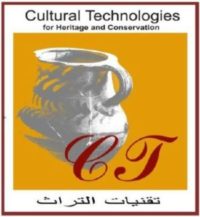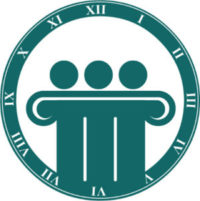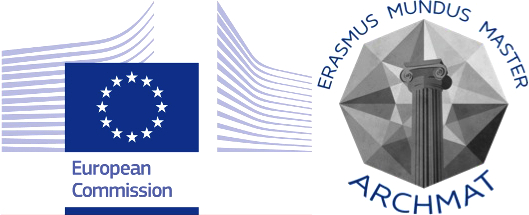Session D of the STAC 8 will review the current state of the art in the participatory policies developed in recent years for the management of cultural heritage with the involvement of private sector, specialised NGO and CSO, and professional organisations both in ordinary times as well as in case of extreme natural, technological or anthropogenic events.
During ordinary times the authorities responsible for the conservation, maintenance and protection of cultural heritage are faced by a chronic lack of both qualified and general staff associated to shrinking yearly budgets that are hardly sufficient for ordinary heritage maintenance despite the increased request for services to be delivered. This situation has driven several countries to develop public private partnership policies in cultural heritage management where investors are endorsed a stake in the day-to-day cultural heritage management. However, while this model could help during ordinary times through ordinary PPP agreements, in times of crisis, only the involvement of efficiently organised, trained and well equipped voluntary NGO and CSO present and widespread on the territory, enables to timely and properly intervene in case of major events contributing to at least mitigate their impact in coordination with the concerned public institutions.
It is within this framework that Session D will mainly address the following topics:
Participatory inclusive policies and sustainability in cultural heritage conservation and promotion; PPP and cultural heritage management before, during and after the emergency; Inter-agency cooperation during emergency. How does it work? The role of the specialised CSOs and NGOs in the cultural heritage management cycle;







